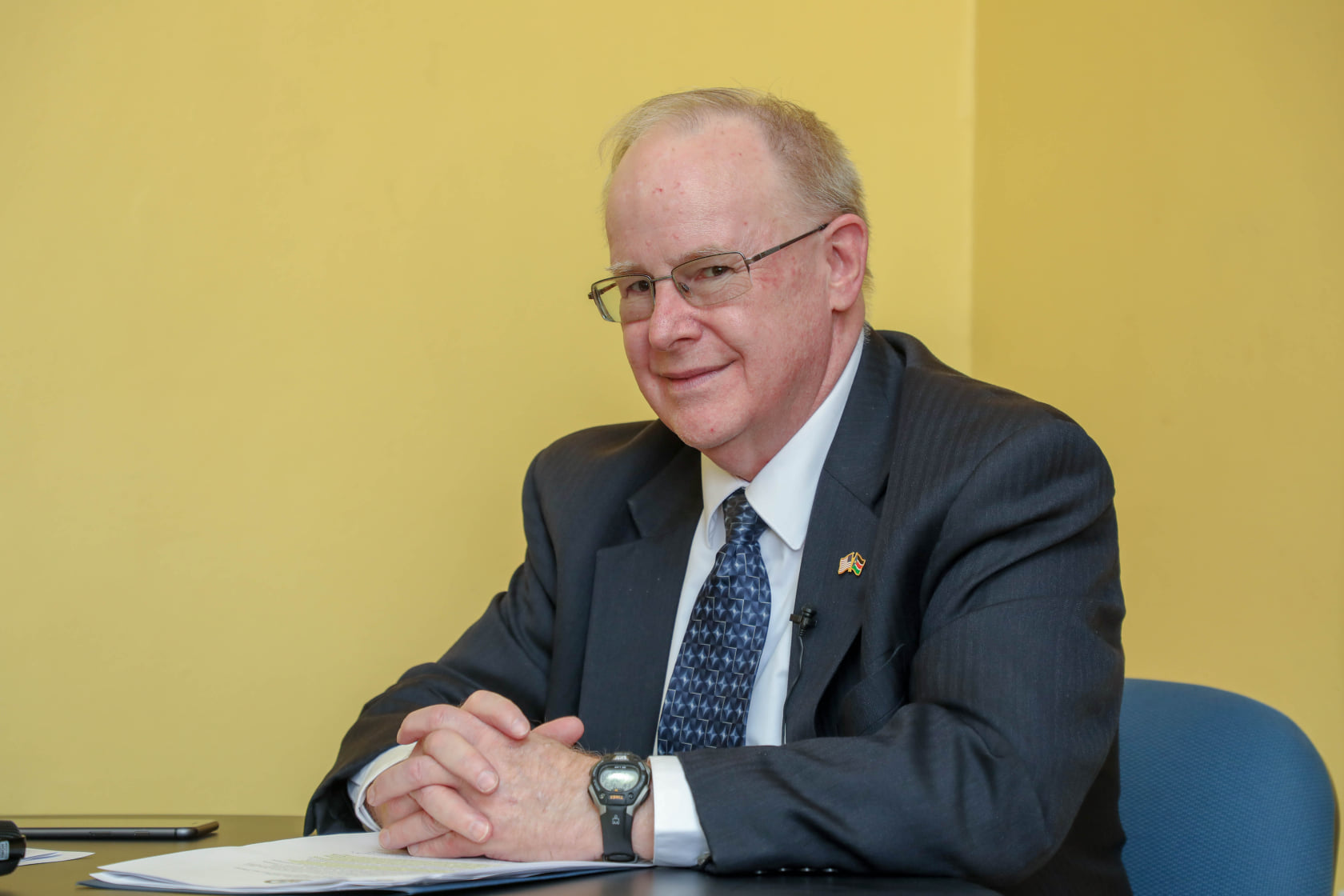The U.S. Embassy in Juba has re-emphasized on the need for South Sudan leaders to create a conducive environment for general election if the Biden Administration is to support the exercise.
David Renz, the Embassy’s Chargé d’Affaires says the US government wants full implementation of key provisions of the 2018 peace agreement.
These include the enactment of the Political Parties Act, the permanent constitution and the graduation of the unified forces, among others.
The revitalized peace agreement mandates the transitional government to organize elections sixty days before the end of the current Transitional Period.
This is expected to enable the establishment of a democratically elected government.
South Sudanese were supposed to go for polls this year, according to the peace deal.
In January last year, Kiir’s office said the parties agreed to extend the Transitional Period up to 2023 to allow full implementation of critical tasks.
The office of the president said the government was not prepared to organize any elections.
The State House suggested that more time and adjusting of the timetable would be required to reorganize institutions in charge of democratic reforms.
For elections to take place, the agreement says, the Political Parties Act of 2012 must be reviewed and approved by the parliament to enable free and democratic registration of political parties in South Sudan.
It also expects the permanent constitution to be enacted before a new National Elections Commission organizes the polls.
The peace partners are yet to complete parts of chapter one on governance, chapter two on permanent security arrangements, chapter three on special reconstruction programs, chapter four on economic reforms, and even on the establishment of a proper justice system.
“The US government will only support elections in this country if it believes that those elections are happening in an environment of credible political competition, so free, fair and democratic elections”, David Renz the Chargé d’Affaires, at the U.S. Embassy in South Sudan said.
Citing the recent elections in Ethiopia, Renz said “The United State government could not observe or support the election because we did not feel Ethiopia did not create a credible climate for fair political competition for election. If the conditions are met, we will absolutely support the election and that is what South Sudanese want.”
Renz went on to explain some of the conditions under which the US will support elections in the country.
“The immediate things are to address what I call practical steps outlined in the revitalized peace agreement. That is to say, setting up the legal framework for the country to plan for elections and the constitution is critical.”
“The country needs to be ready for election, the question of course is at which timeline? For the US we think there is a question at hand to be answered before that and that is how we are going to get the legal framework in place for actually to have a conversation around the election and around the timeline and the steps for the election.
Renz stressed that all of these were supposed to happen before the transition government of national unity was established back in February of 2020, but he said “we are now two years after the formation of the government and we are still trying to get this stuff done.”

